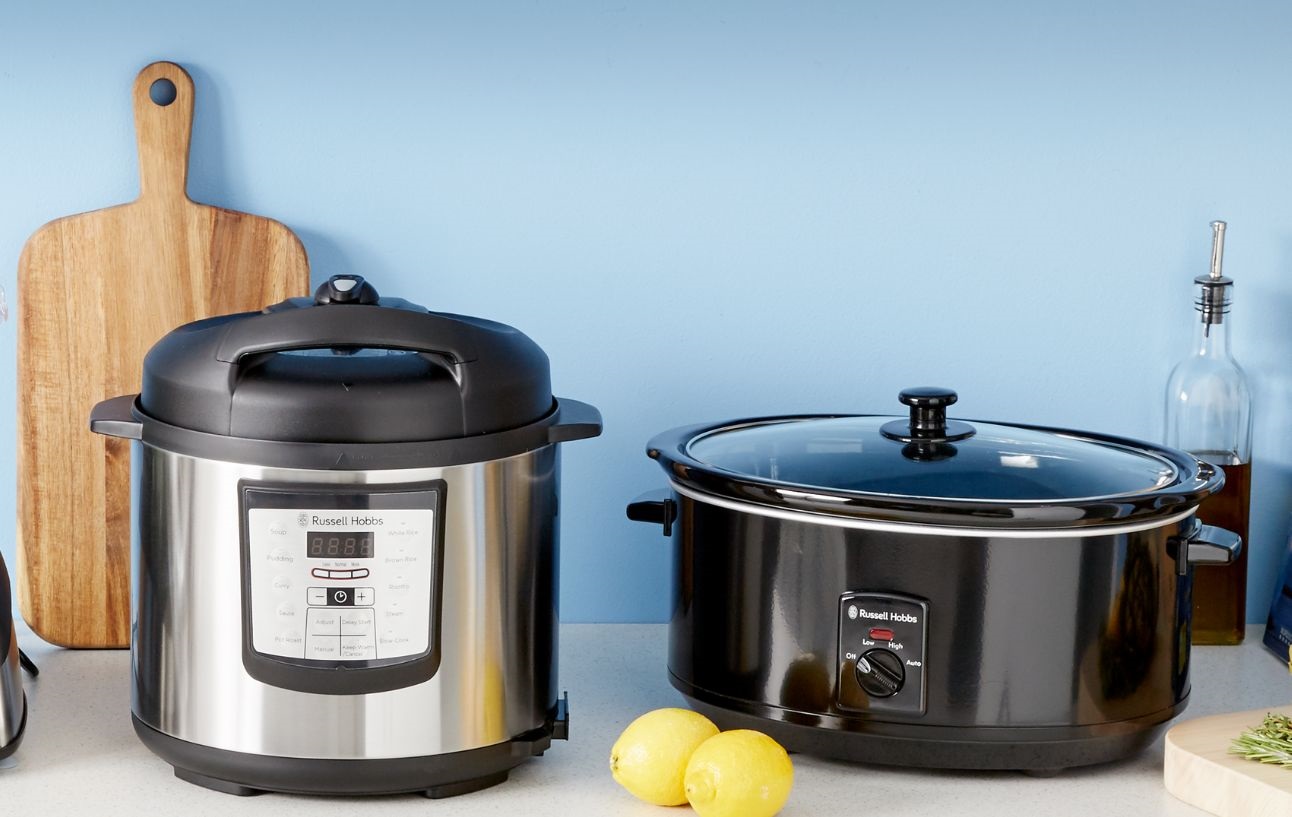

Articles
What Is Healthier Slow Cooker Or Instant Pot
Modified: September 2, 2024
Discover the healthier way to cook with articles comparing slow cookers and instant pots. Find out which one is best for your health and lifestyle.
(Many of the links in this article redirect to a specific reviewed product. Your purchase of these products through affiliate links helps to generate commission for Storables.com, at no extra cost. Learn more)
Introduction
In today’s fast-paced world, where time is a valuable commodity, the desire for quick and easy meals has become increasingly popular. Two popular kitchen appliances that have gained significant attention in recent years are the slow cooker and the Instant Pot. These versatile devices are known for their convenience and ability to create delicious meals with minimal effort. However, when it comes to health, which one is the better option? In this article, we will delve into the comparison of health benefits between slow cookers and Instant Pots to help you make an informed decision.
Before we delve into the health benefits, let’s briefly understand what a slow cooker and an Instant Pot are.
Key Takeaways:
- Slow cookers retain more nutrients and require less added fats, making them a convenient and healthier option for flavorful, nutrient-rich meals with minimal effort.
- Instant Pots offer the benefits of pressure cooking, reducing cooking times and preserving flavors and nutrients. They provide versatility and convenience for creating nutritious meals with minimal added fats.
What is a Slow Cooker?
A slow cooker, also known as a crock-pot, is a countertop cooking appliance that allows for long, slow cooking at low temperatures. It consists of a round or oval-shaped pot, usually made of ceramic or porcelain, and a heating element that surrounds the pot.
The slow cooker works by slowly heating the food over a period of several hours. It typically has two or three heat settings, allowing you to adjust the cooking time according to your needs. The low heat setting is ideal for simmering, while the high heat setting allows for faster cooking.
One of the main advantages of a slow cooker is its set-it-and-forget-it nature. You can simply add the ingredients to the pot, set the desired cooking time and temperature, and leave it to cook while you go about your day. This makes it a convenient option for busy individuals or families.
When it comes to health, slow cookers offer some notable benefits. The long, slow cooking process allows for the flavors to meld together and the meat to become tender and juicy. This means that you can create flavorful, succulent meals without the need for excessive fats or oils.
Additionally, slow cooking often requires minimal added liquid, as the sealed lid traps in the moisture. This helps to retain the nutrients in the food, as they are not diluted or lost during the cooking process. Slow cooking also tends to preserve the natural colors and textures of the ingredients, making the dishes visually appealing.
Overall, slow cookers are a great option for individuals looking for convenient, flavorful, and nutrient-rich meals. They provide a healthier alternative to traditional cooking methods, as they require less added fats and retain more of the nutrients in the food.
What is an Instant Pot?
The Instant Pot is a versatile kitchen appliance that combines the functions of multiple cooking devices into one. It is a programmable electric pressure cooker that can also be used as a slow cooker, rice cooker, yogurt maker, steamer, and more.
The Instant Pot works by trapping steam inside a sealed pot, which increases the pressure and raises the boiling point of water. This results in faster cooking times compared to traditional methods. It offers various pre-set cooking programs that can be adjusted according to the type of food being prepared.
One of the key features of the Instant Pot is its ability to cook food under high pressure. This method significantly reduces the cooking time, making it a convenient option for individuals with busy schedules. It also helps to preserve the flavor and nutrients of the food.
The Instant Pot also provides the option for slow cooking, allowing you to enjoy the benefits of a traditional slow cooker. This makes it a versatile appliance that can cater to different cooking needs and preferences.
In terms of health benefits, the Instant Pot offers some advantages. The high-pressure cooking method helps to break down tough fibers in meats, making them more tender and easier to digest. It also helps to retain the natural colors and flavors of the ingredients, resulting in delicious and visually appealing meals.
Additionally, the Instant Pot requires less added fat or oil compared to traditional cooking methods. The sealed cooking environment helps to lock in the moisture, allowing you to cook with minimal amounts of liquid. This means that you can enjoy the natural flavors of the ingredients without the need for excessive fats or oils.
Overall, the Instant Pot is a versatile and time-saving option for those who are looking for convenience in the kitchen. It offers the benefits of pressure cooking and slow cooking, allowing you to create flavorful and nutritious meals with ease.
Comparison of Health Benefits
When comparing the health benefits of slow cookers and Instant Pots, it’s important to consider several factors, including the nutritional value of the meals, cooking methods, and time and convenience factors.
Both slow cookers and Instant Pots have their unique advantages when it comes to health. Slow cookers, with their long, slow cooking process, allow for the flavors to fully develop and the meat to become tender without the need for excessive fats or oils. This results in flavorful meals that are lower in added fats. Slow cooking also retains more of the nutrients in the food, as they are not diluted or lost during the cooking process.
On the other hand, Instant Pots offer the benefits of pressure cooking, which can reduce cooking times significantly. This method helps to preserve the flavors and nutrients of the food, while also allowing for tenderizing tough cuts of meat. Instant Pots also require less added fat or oil, as the sealed cooking environment helps to retain moisture and enhance the natural flavors of the ingredients.
However, it’s important to note that the healthiness of the meals prepared in both appliances ultimately depends on the ingredients used and the cooking techniques employed. Choosing fresh, whole ingredients and minimizing the use of processed foods, excess salt, and added sugars will contribute to healthier meals regardless of the cooking method.
In terms of convenience, both slow cookers and Instant Pots offer time-saving benefits. However, slow cookers require longer cooking times, often requiring advanced planning and preparation. Instant Pots, on the other hand, offer the benefit of faster cooking with the option for slow cooking as well.
Ultimately, the choice between a slow cooker and an Instant Pot comes down to personal preference and individual needs. If you prefer the convenience of set-it-and-forget-it cooking with the ability to create tender, flavorful meals, a slow cooker may be the better option. If time is of the essence and you want the versatility of multiple cooking functions, including pressure cooking, then an Instant Pot may be the ideal choice for you.
Regardless of your choice, both appliances offer a range of health benefits and make it easier to prepare homemade meals with wholesome ingredients. By incorporating fresh produce, lean proteins, and whole grains into your meals, you can enjoy the health benefits of both slow cookers and Instant Pots.
Nutritional Value of Slow Cooker Meals
When it comes to the nutritional value of slow cooker meals, there are several factors to consider. The long, slow cooking process allows flavors to meld together and meat to become tender without the need for excessive fats or oils.
One significant advantage of slow cookers is their ability to retain the nutrients in the food. The sealed lid traps in moisture, preventing nutrient loss through evaporation. This means that the vitamins, minerals, and antioxidants present in the ingredients are preserved, making slow cooker meals a nutritious option.
Slow cooking is ideal for using lean meats such as poultry, fish, and beans, as the low and slow cooking process helps to break down tough fibers and makes them more tender. This results in flavorful and protein-rich meals without the need for excessive fats.
In terms of vegetables, slow cooking helps to preserve their texture and color. It also allows the vegetables to retain more of their nutrients compared to other cooking methods that involve high heat and longer cooking times.
Additionally, slow cookers are a great option for making hearty soups and stews, which often include a variety of vegetables and legumes. These dishes are packed with fiber, vitamins, and minerals, providing a balanced and nutritious meal option.
When it comes to grains and legumes, slow cookers are also suitable for cooking them to perfection. From rice and quinoa to lentils and chickpeas, slow cooking ensures that these ingredients are thoroughly cooked and retain their nutritional value.
Overall, slow cooker meals can be a healthy and nutrient-rich option. By choosing fresh, whole ingredients and lean proteins, and minimizing the use of processed foods, excess salt, and added sugars, you can create delicious and wholesome meals with the help of your slow cooker.
When using a slow cooker, it’s important to ensure that the food reaches a safe internal temperature to prevent foodborne illness. Use a food thermometer to check the temperature of the food before consuming.
Read more: How To Use Instant Pot As A Rice Cooker
Nutritional Value of Instant Pot Meals
When it comes to the nutritional value of Instant Pot meals, there are several factors to consider. The Instant Pot’s high-pressure cooking method helps to preserve the flavors and nutrients of the food, making it a healthy option for meal preparation.
The high-pressure cooking in the Instant Pot aids in breaking down tough fibers in meat, resulting in tender and flavorful dishes. This method also helps to retain the natural colors and textures of vegetables, making them visually appealing and nutrient-rich.
One of the advantages of using an Instant Pot is that it requires less added fat or oil compared to traditional cooking methods. The sealed cooking environment facilitates the retention of moisture, allowing you to cook with minimal amounts of liquid. This means that you can enjoy the natural flavors of the ingredients without the need for excessive fats or oils.
Instant Pot meals can also be packed with nutrients by incorporating a variety of vegetables, lean proteins, and whole grains. The Instant Pot’s versatility allows for convenient cooking of a wide range of ingredients, ensuring a well-rounded and balanced meal.
Additionally, the Instant Pot’s ability to cook foods under high pressure results in decreased cooking times. This can be beneficial in preserving heat-sensitive nutrients that may be lost during longer cooking times. The faster cooking time also helps to maintain the vibrant colors and textures of vegetables, making them more appetizing.
It is important to note that the nutritional value of Instant Pot meals ultimately depends on the ingredients used. Opting for fresh, whole foods and minimizing the use of processed ingredients, excess salt, and added sugars will contribute to healthier meals.
By choosing lean proteins, incorporating a variety of vegetables, and using whole grains, you can create nutrient-dense meals in your Instant Pot. The versatility and convenience of the Instant Pot make it a valuable tool in preparing nutritious and balanced meals for you and your family.
Cooking Methods and Health Implications
The cooking methods used in both slow cookers and Instant Pots can have implications for health. Understanding these implications can help you make informed decisions about the meals you prepare.
Slow cookers utilize a long, slow cooking process at low temperatures. This reduces the need for excessive fats or oils, as the extended cooking time allows the flavors to develop and the meat to become tender without the need for added fats. Slow cooking also helps to retain the nutrients in the food, as the sealed lid traps in moisture and prevents nutrient loss through evaporation.
On the other hand, Instant Pots rely on high-pressure cooking to speed up the cooking time. This method helps to preserve the flavors and nutrients of the food while also tenderizing tough cuts of meat. The sealed cooking environment in the Instant Pot requires less added fat or oil, as the high pressure helps to retain moisture and enhance the natural flavors of the ingredients.
Both cooking methods have their advantages in terms of health. Slow cooking allows flavors to meld together and produces tender, flavorful meals. On the other hand, the high-pressure cooking of the Instant Pot helps to shorten cooking times and preserves the nutrients and natural colors of the ingredients.
However, it’s important to note that the cooking methods are just one piece of the puzzle when it comes to healthy cooking. The nutritional value of the meals ultimately depends on the ingredients used. Choosing fresh, whole ingredients and minimizing the use of processed foods, excess salt, and added sugars will contribute to healthier meals regardless of the cooking method.
Furthermore, portion control and mindful eating are also important factors to consider for overall health and well-being. While slow cookers and Instant Pots can prepare delicious and nutritious meals, it’s essential to listen to your body’s hunger cues and practice moderation in your food consumption.
Ultimately, both slow cookers and Instant Pots offer benefits in terms of convenient, flavorful, and nutrient-rich meals. It is up to you to choose the cooking method that aligns with your lifestyle, preferences, and health goals. By selecting fresh ingredients and practicing mindful cooking, you can create healthy and delicious meals using either appliance.
Time and Convenience Factors
When it comes to time and convenience, both slow cookers and Instant Pots offer unique benefits that can make meal preparation easier and more efficient.
Slow cookers are known for their “set-it-and-forget-it” nature. You can simply add the ingredients to the pot, set the cooking time and temperature, and let the slow cooker do all the work. This is especially convenient for busy individuals or families who want to come home to a hot and ready meal at the end of the day.
The long, slow cooking process of slow cookers can be advantageous for certain dishes that benefit from extended cooking times, such as stews, soups, and roasts. However, it does require some planning ahead, as meals can take several hours to cook.
On the other hand, Instant Pots are known for their versatility and speed. They combine the functions of multiple appliances into one, allowing you to pressure cook, slow cook, sauté, steam, and more in a single device. This versatility can save you countertop space and simplify your cooking routine.
The high-pressure cooking method used in Instant Pots significantly reduces cooking times compared to traditional methods. This makes them ideal for individuals who are short on time or have a busy schedule. You can prepare a variety of meals in a fraction of the time it would take using other cooking methods.
The convenience of the Instant Pot extends beyond its quick cooking capabilities. Many Instant Pot models also have pre-set cooking programs, making it even easier to prepare specific dishes. You can simply select the program that corresponds to the type of food you’re cooking, and the Instant Pot will automatically adjust the cooking time and temperature.
When it comes to cleaning, both slow cookers and Instant Pots have removable, dishwasher-safe parts, making clean-up a breeze. This adds to the convenience factor, as you can spend less time washing dishes and more time enjoying your meal.
In summary, slow cookers are known for their ease of use and the ability to cook meals with minimal effort and planning ahead. Instant Pots, on the other hand, offer versatility, speed, and the convenience of multiple cooking functions in one device.
Both appliances cater to different time constraints and lifestyles, so the choice ultimately depends on your individual needs and preferences. Consider your schedule, desired cooking times, and the types of meals you enjoy when deciding between a slow cooker and an Instant Pot.
Final Verdict: Which is Healthier?
When it comes to determining which appliance is healthier, it’s important to consider all the factors we have discussed. Both slow cookers and Instant Pots offer unique benefits for preparing nutritious meals, but the best option for you ultimately depends on your individual needs and preferences.
Slow cookers are a great choice for individuals who value convenience, as they allow for set-it-and-forget-it cooking. The long, slow cooking process in a slow cooker helps to develop flavors and produce tender, flavorful dishes without the need for excessive fats or oils. Slow cooking also retains more of the nutrients in the food, making it a nutritious option.
On the other hand, Instant Pots provide a versatile and time-saving option for those who want to cook meals quickly and have the ability to pressure cook, sauté, steam, and more. The high-pressure cooking method preserves flavors, reduces cooking times, and requires less added fat or oil. Instant Pots also offer the convenience of pre-set cooking programs, making it easier to prepare a variety of dishes.
Both appliances offer benefits when it comes to creating healthy meals. However, the nutritional value of the meals prepared in both appliances ultimately depends on the ingredients used. Opting for fresh, whole foods and minimizing the use of processed ingredients, excess salt, and added sugars is key to creating healthier meals.
In terms of health, it’s essential to also consider portion sizes and mindful eating habits. While both appliances can help you create nutritious meals, it’s important to listen to your body’s hunger and fullness cues and practice moderation in your food consumption.
Ultimately, the final verdict on which appliance is healthier is subjective and dependent on your specific needs and preferences. Consider factors such as the type of meals you enjoy, the time available for meal preparation, and the level of convenience you desire.
Whether you choose a slow cooker or an Instant Pot, both appliances can be valuable tools in your kitchen for preparing delicious and wholesome meals. Focus on incorporating fresh ingredients, lean proteins, and whole grains into your meals to maximize the health benefits, and enjoy the convenience and versatility that these appliances offer.
Read more: When To Add Instant Rice To Slow Cooker
Conclusion
The slow cooker and the Instant Pot are both popular kitchen appliances that offer convenience and versatility in meal preparation. When it comes to determining which one is healthier, it’s important to consider several factors.
Slow cookers are known for their set-it-and-forget-it convenience, allowing for long, slow cooking that develops flavors and produces tender, flavorful dishes. They retain more nutrients in the food and require less added fats or oils, making them a nutritious option for those who value convenience and flavor.
On the other hand, Instant Pots offer the benefits of pressure cooking, which reduces cooking times and preserves the flavors and nutrients of the food. They offer a range of cooking functions, allowing for quick and versatile meal preparation. The sealed cooking environment also helps to minimize the need for excess fats or oils.
Ultimately, the choice between a slow cooker and an Instant Pot depends on your individual needs, preferences, and lifestyle. Consider factors such as the types of meals you enjoy, the time available for meal preparation, and the level of convenience you desire.
Regardless of the appliance you choose, it’s crucial to focus on using fresh, whole ingredients and minimizing the use of processed foods, excess salt, and added sugars. This will contribute to healthier meals regardless of the cooking method.
Both slow cookers and Instant Pots can help you create delicious and nutritious meals. Experiment with different recipes, incorporate a variety of vegetables, lean proteins, and whole grains, and practice portion control to maintain a balanced and healthy diet.
In conclusion, both the slow cooker and the Instant Pot can be valuable tools in your kitchen to help you prepare flavorful, nutritious meals with ease. Choose the one that suits your lifestyle and cooking preferences, and enjoy the convenience, versatility, and health benefits that these appliances have to offer.
Frequently Asked Questions about What Is Healthier Slow Cooker Or Instant Pot
Was this page helpful?
At Storables.com, we guarantee accurate and reliable information. Our content, validated by Expert Board Contributors, is crafted following stringent Editorial Policies. We're committed to providing you with well-researched, expert-backed insights for all your informational needs.

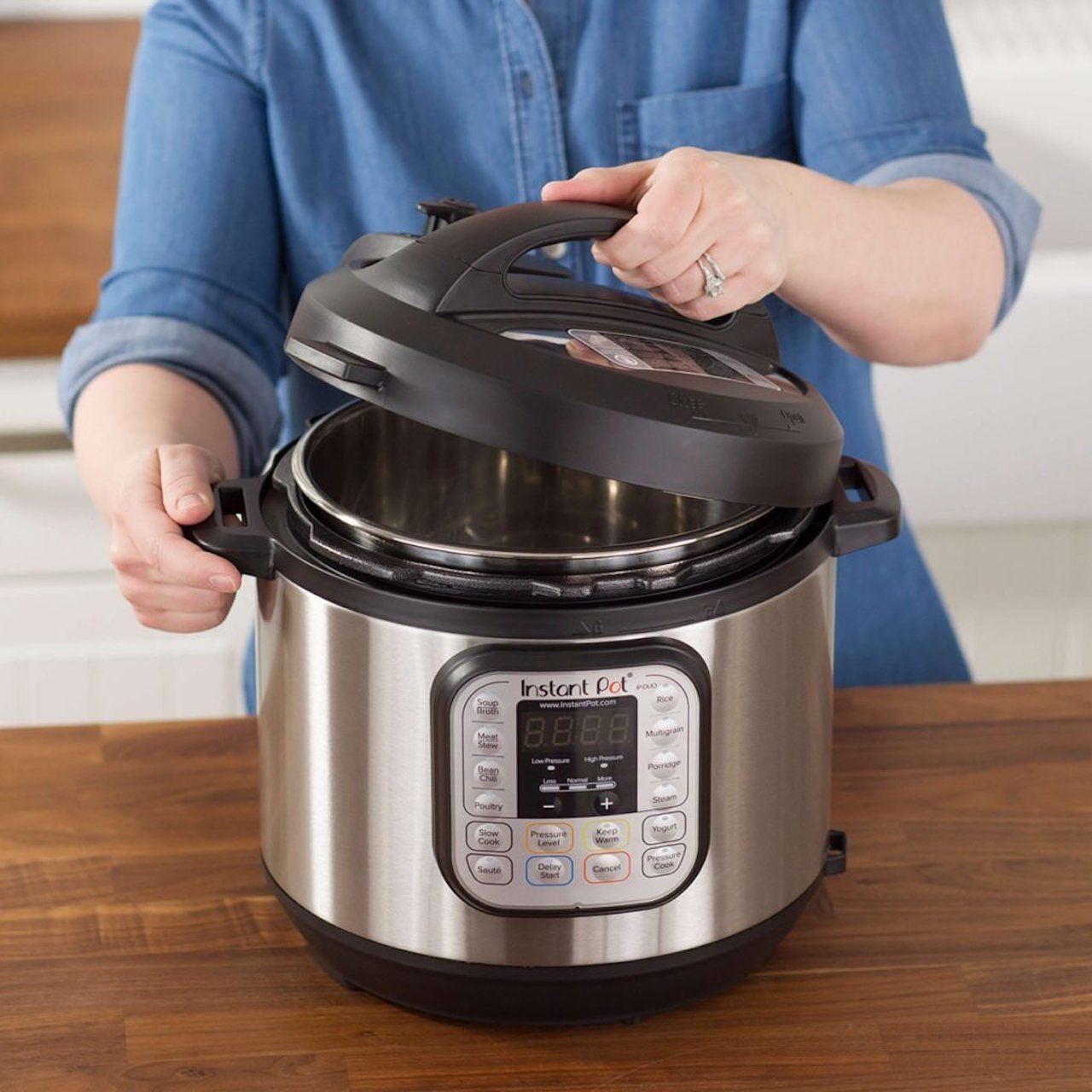
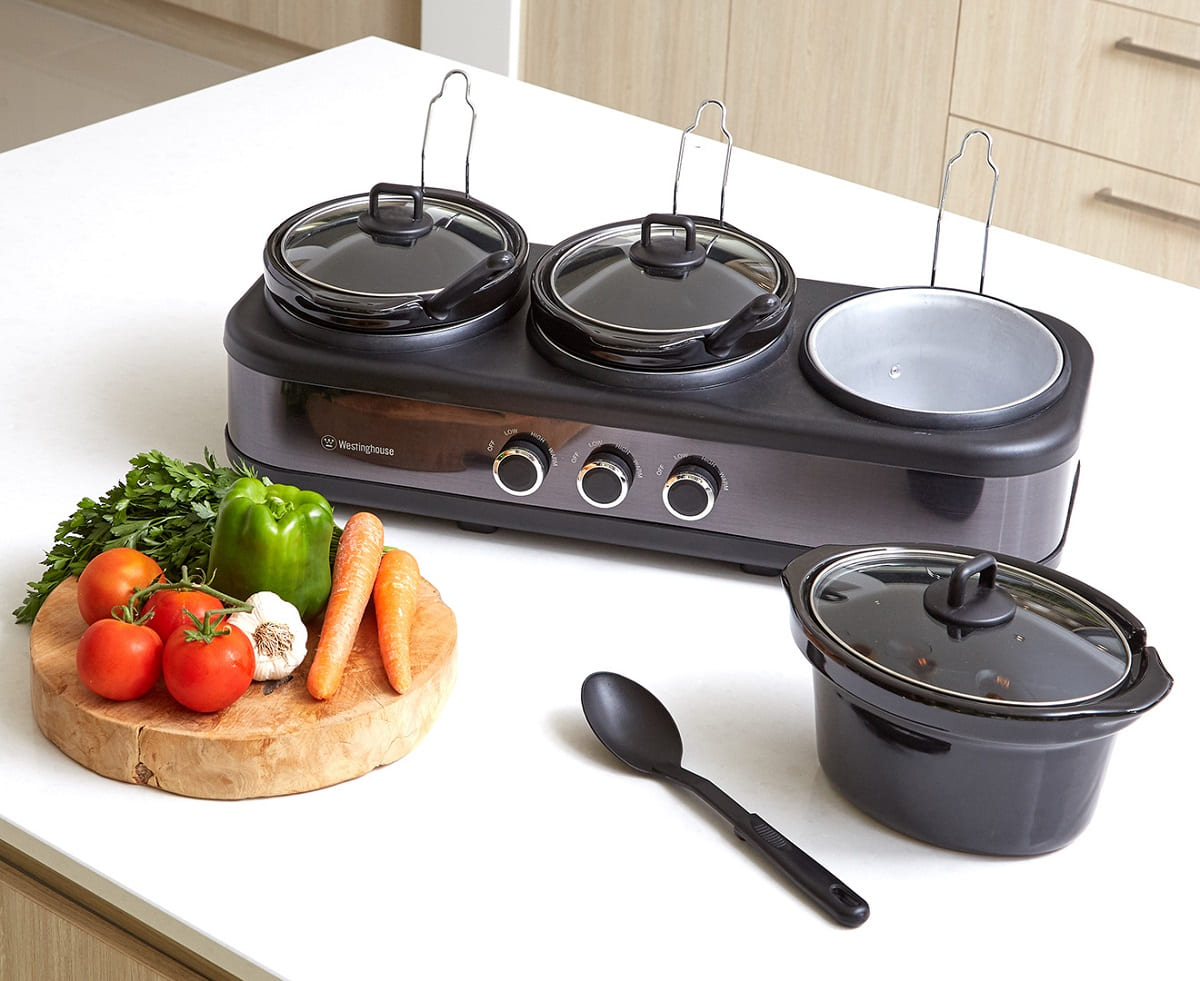

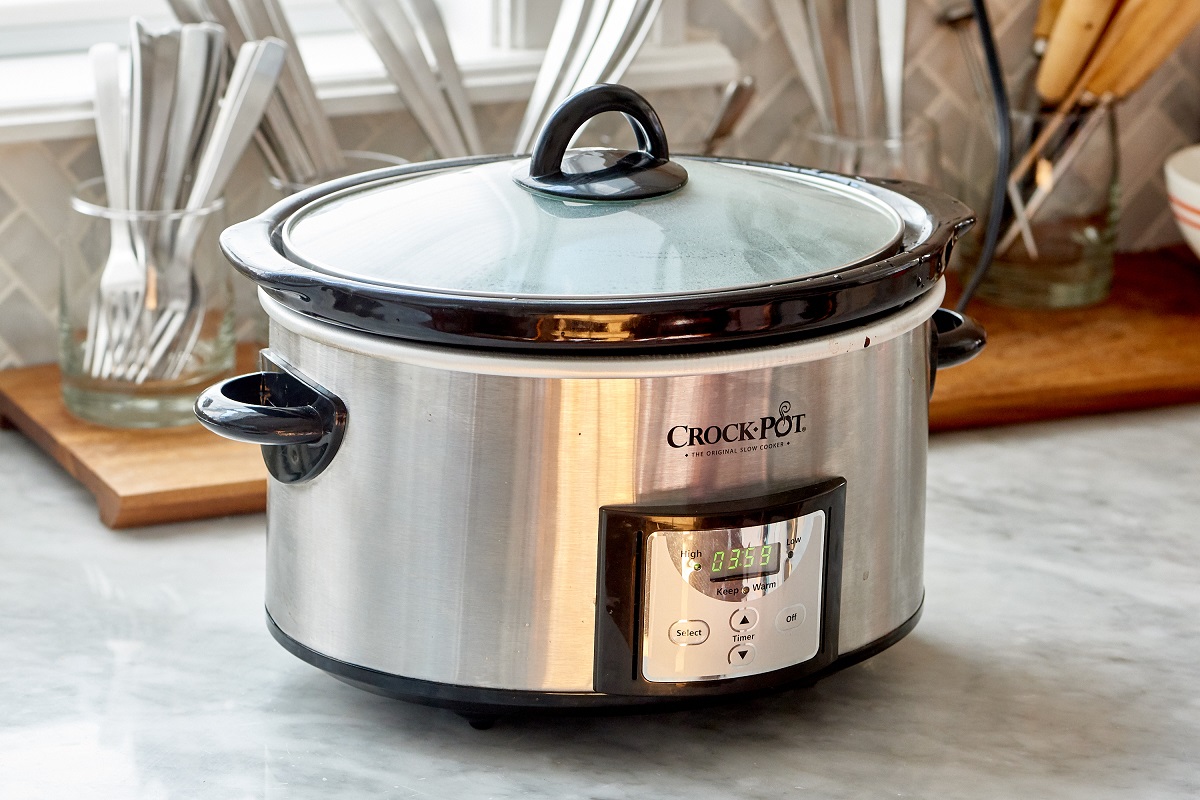
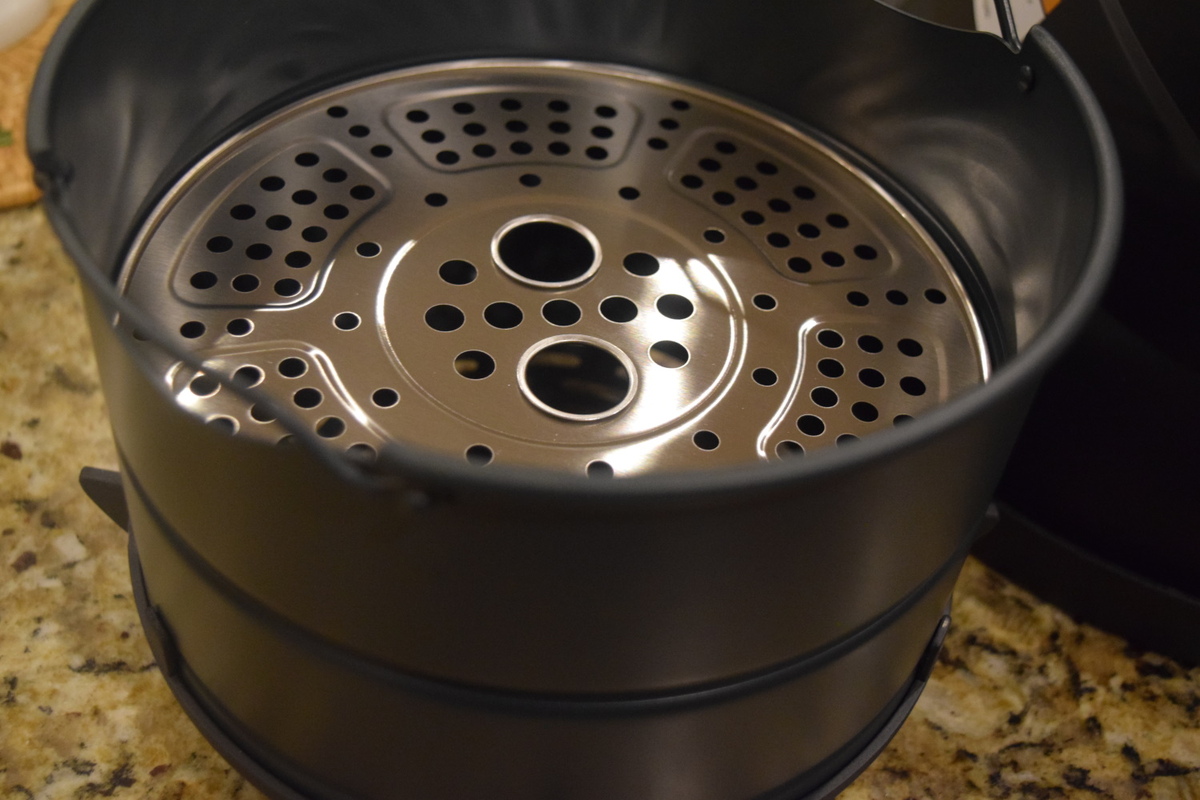
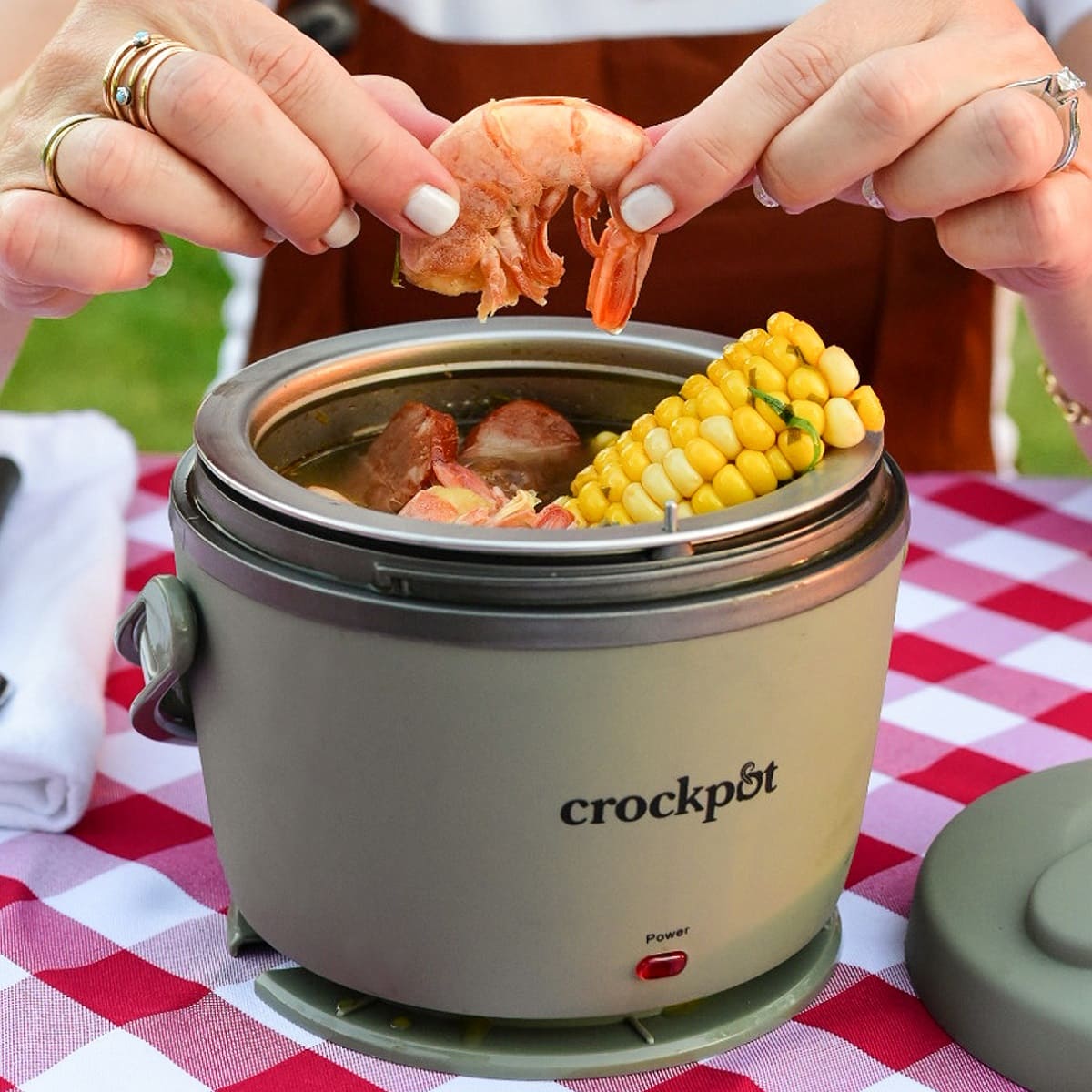
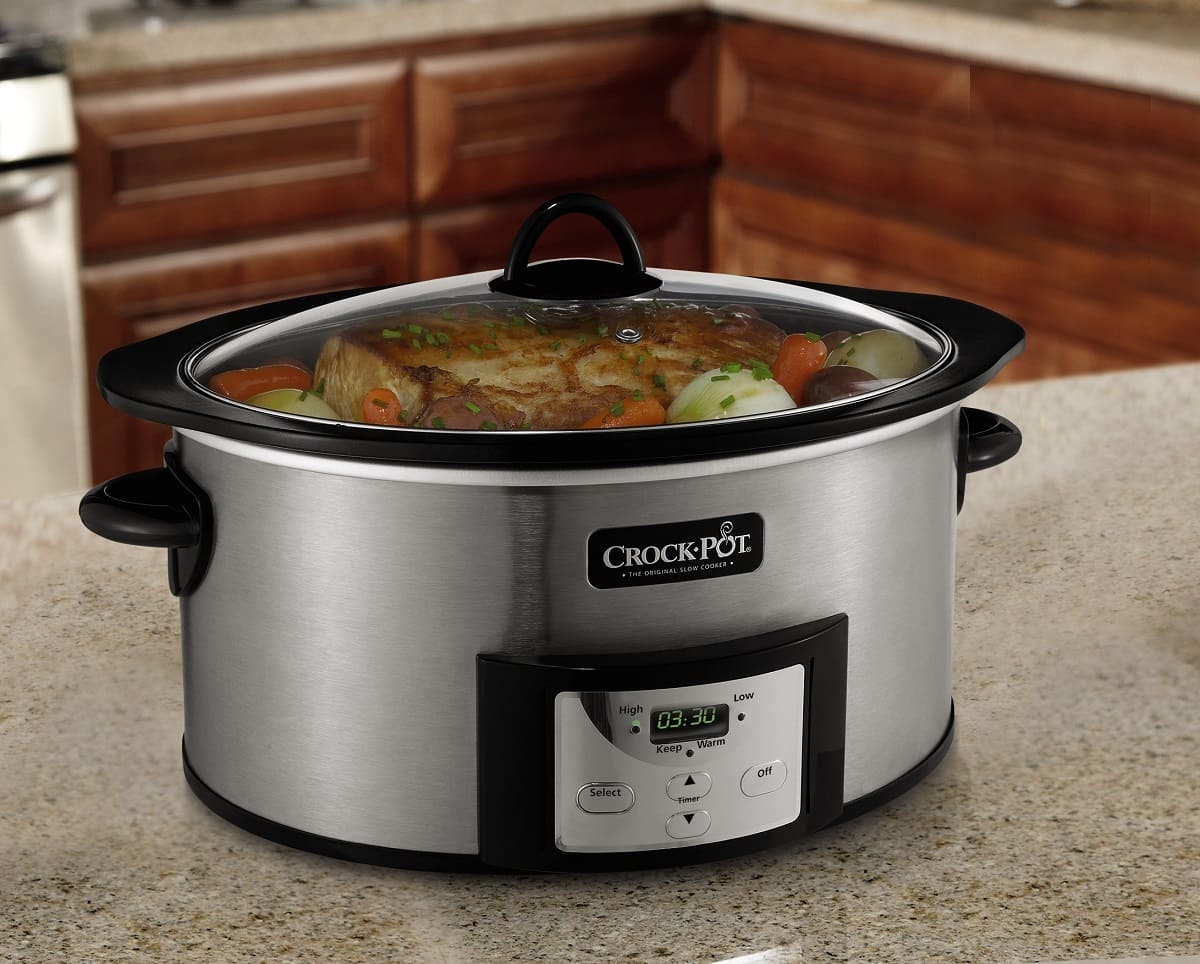
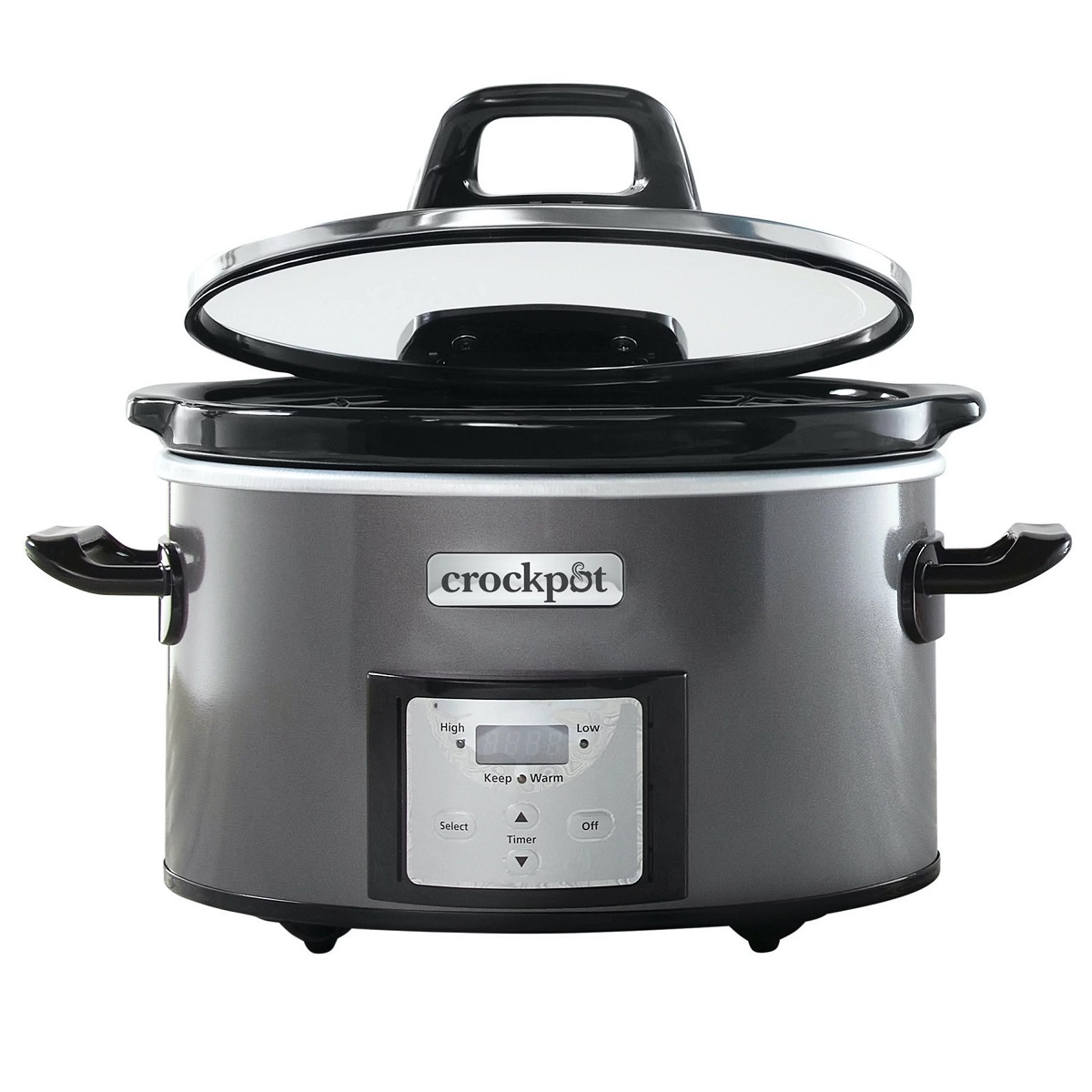
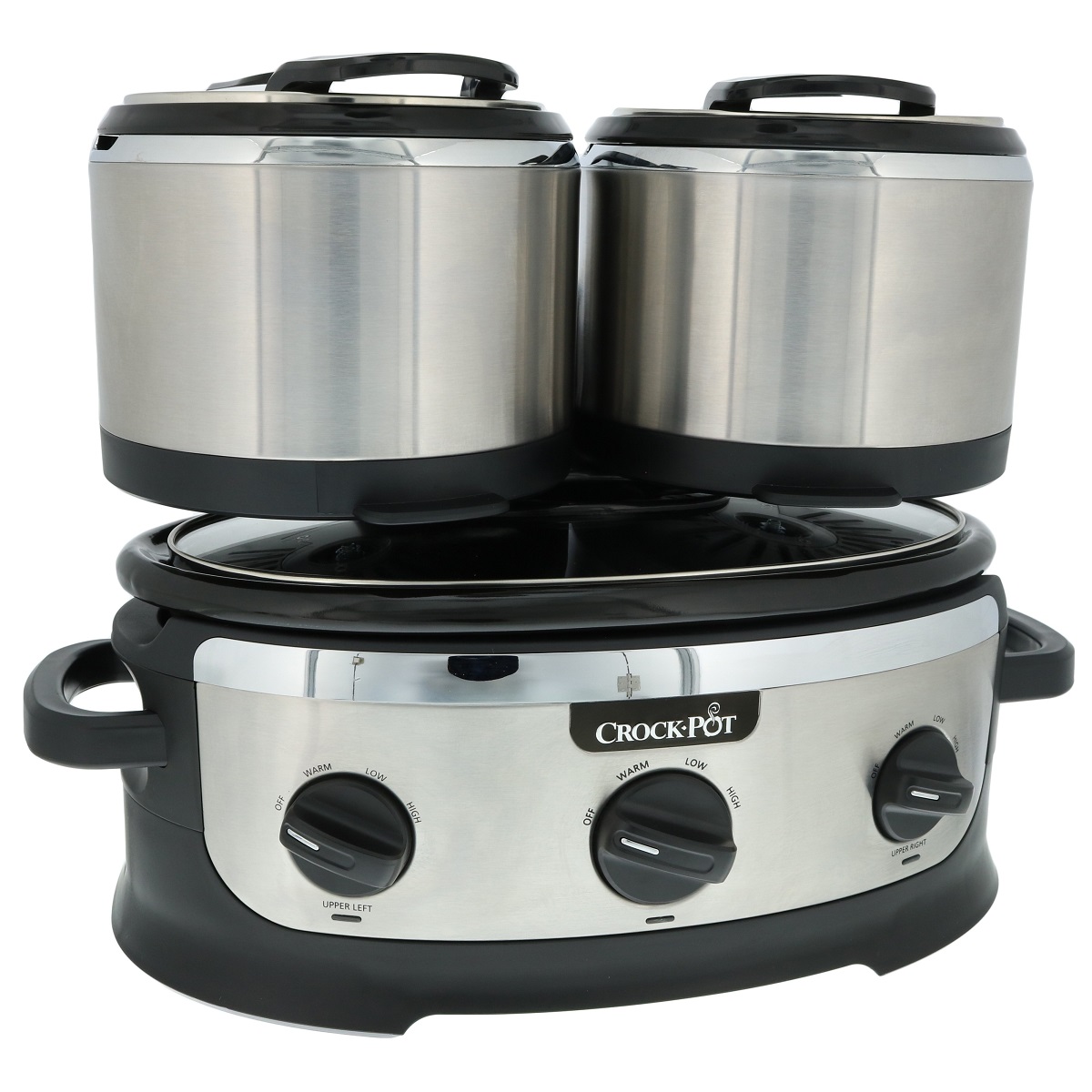
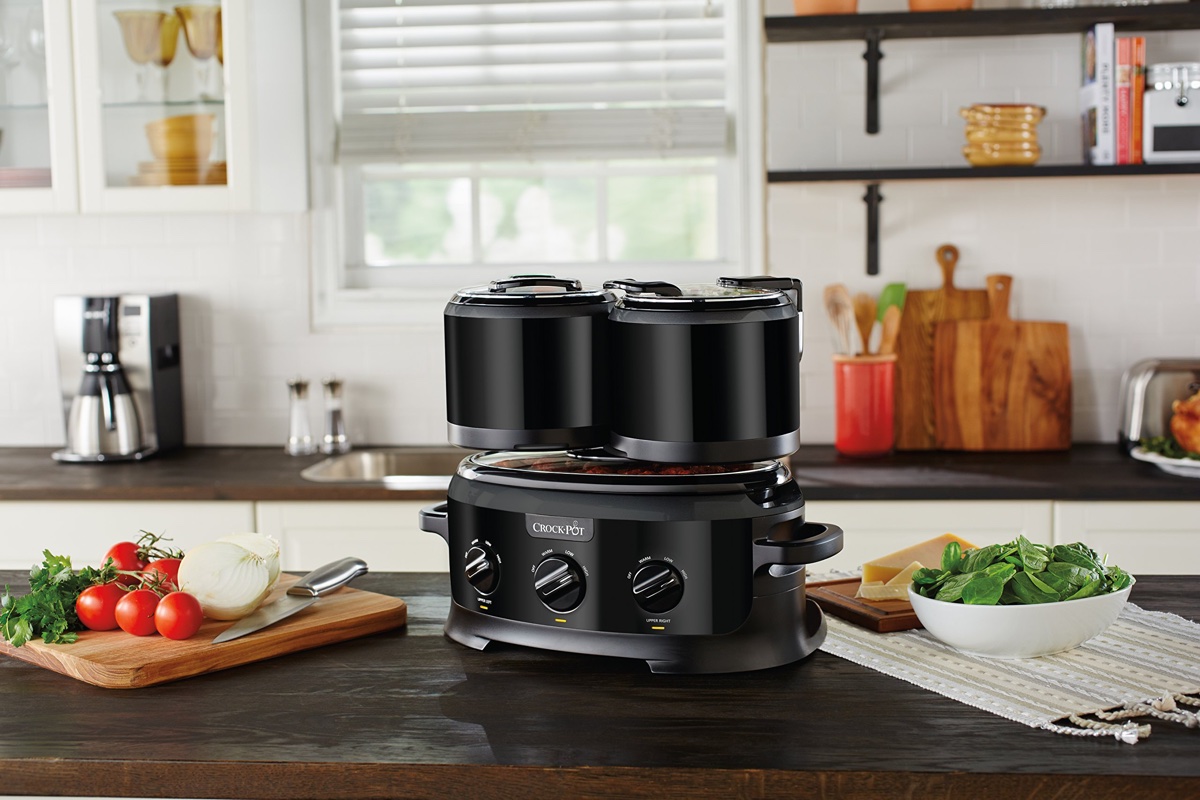
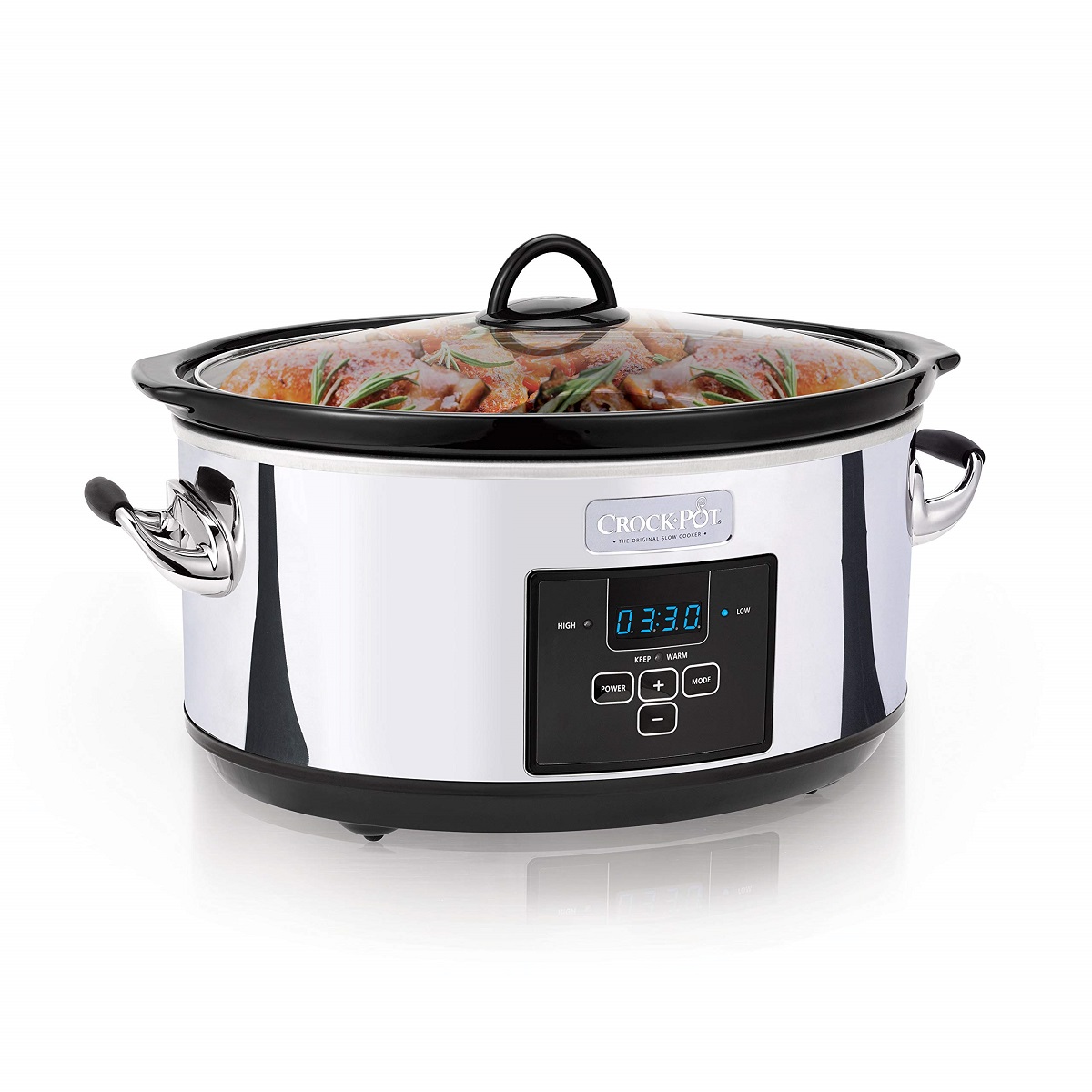
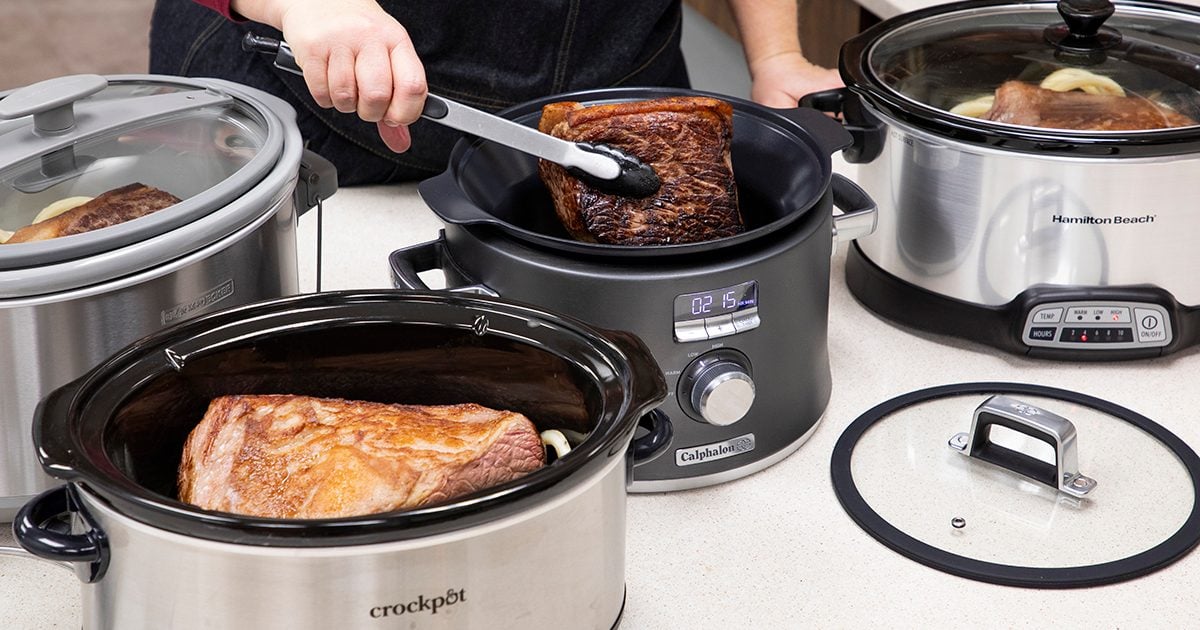

0 thoughts on “What Is Healthier Slow Cooker Or Instant Pot”